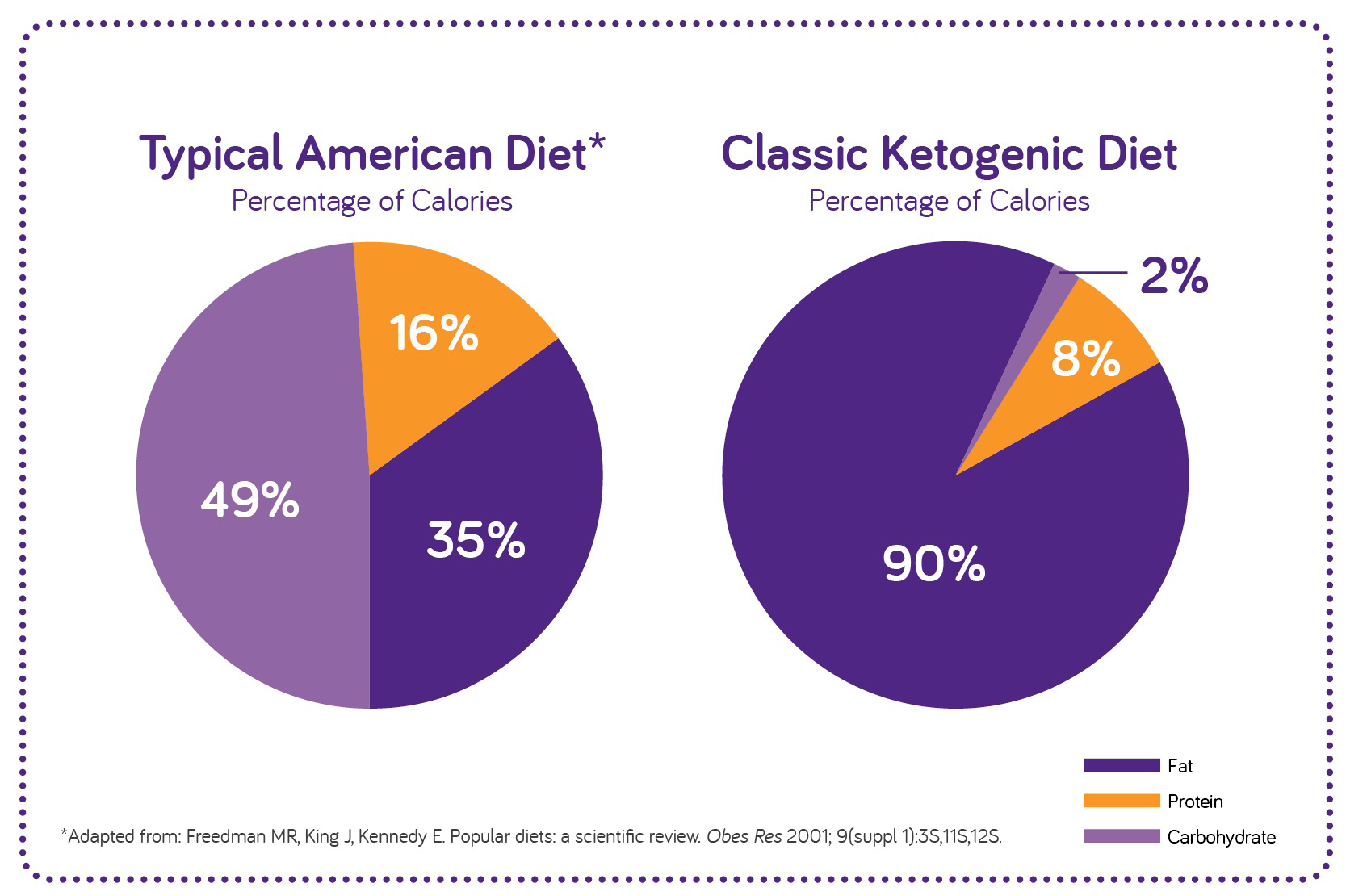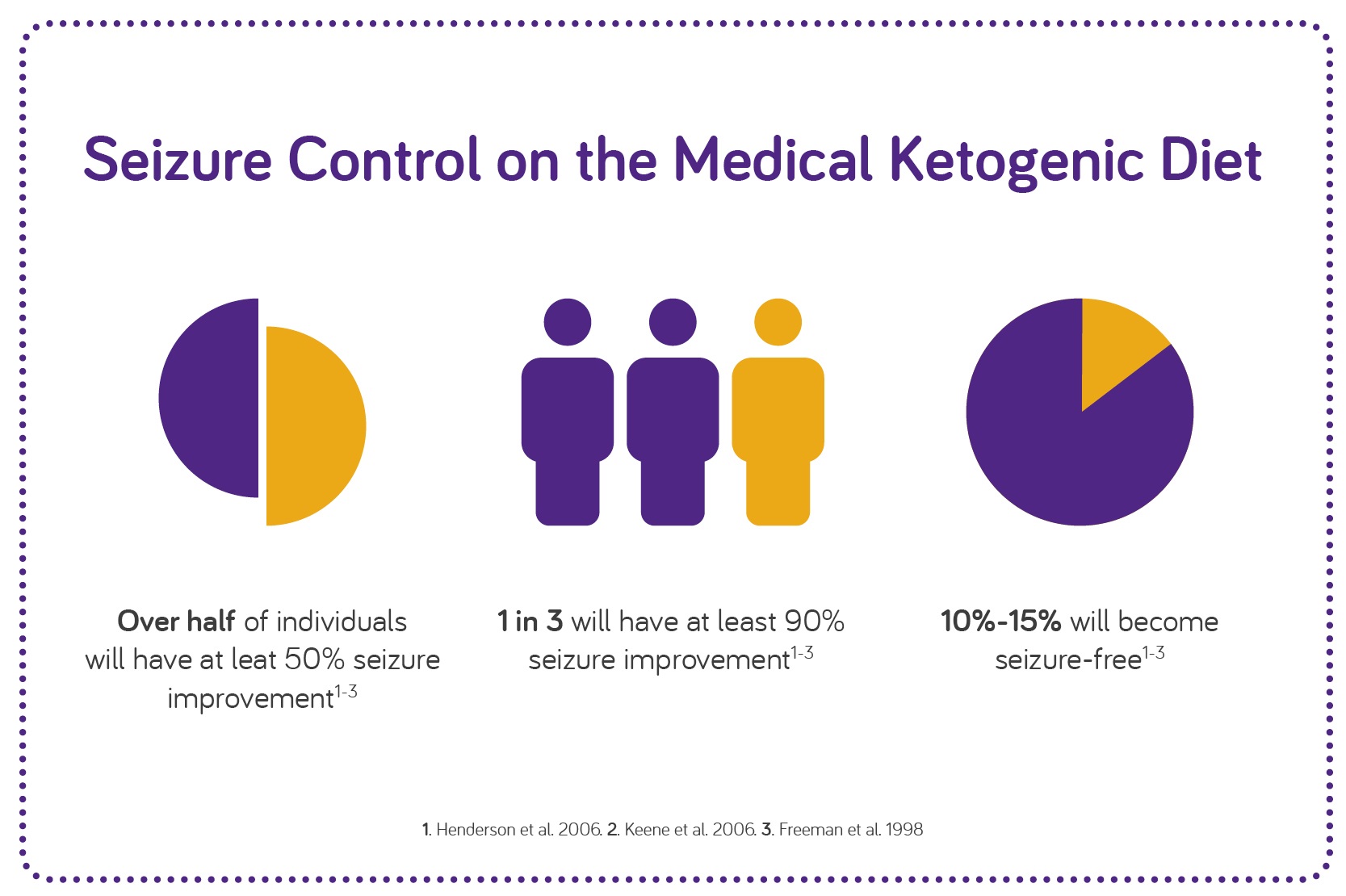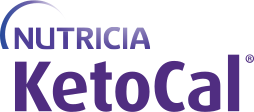Understanding medical ketogenic diets and how they’re used to manage seizures
What Are Medical Ketogenic Diets for Epilepsy?
Medical ketogenic diets (MKD) are a high-fat, adequate-protein, and low-carbohydrate diet used for the management of drug-resistant* epilepsy and other conditions such as:
- Glucose transporter type 1 deficiency syndrome (Glut-1)
- Pyruvate dehydrogenase deficiency (PDHD)
A ketogenic diet has been used for over 100 years to help manage intractable epilepsy & epilepsy syndromes.
*Drug-resistant epilepsy, also known as intractable or refractory epilepsy, is when a patient still experiences epileptic seizures after treatment with at least 2 anti-epileptic medications.

What Is A Medical Ketogenic Diet?
Hear from Robyn, a registered ketogenic dietitian. Robyn explains how a ketogenic diet can help people manage their drug-resistant epilepsy.

How Does the Medical Ketogenic Diet Work?
When eating a high-fat, adequate-protein, and low-carbohydrate diet, your body produces ketones to provide energy for your brain. Higher blood ketone levels can lead to a reduction in seizures for people with epilepsy.
More research on epilepsy management still needs to be conducted for us to better understand all the ways the medical ketogenic diet works to help control seizures.
How Effective is the Medical Ketogenic Diet?
Studies have shown that the medical ketogenic diet is effective in terms of seizure reduction
in children with drug-resistant epilepsy. Research suggests:

What is the Ketogenic Ratio?
The ketogenic ratio is the ratio of fat to carbohydrates and protein combined in the diet. The two most used ratios are 4:1 and 3:1, based on an individual’s age, weight, and epilepsy condition. A 4:1 ratio means for every 4 grams of fat consumed, 1 gram of combined carbohydrate and protein is allowed. A 3:1 ratio means for every 3 grams of fat consumed, 1 gram of combined carbohydrate and protein is allowed.
Ketones
The medical ketogenic diet produces ketones which puts your body in a state of ketosis. During ketosis, fatty acids are broken down into ketones by the liver and then travel through the blood and enter the brain. On high-fat, low-carb ketogenic diets, ketones replace glucose as the primary source of energy.

Tube Feeding and the Medical Ketogenic Diet
Tube feeds for adults and children with epilepsy can be given in a variety of ways. Whether given by bolus feeds from a syringe, continuous feeds on a feeding pump, or any combination of the two, the medical ketogenic diet can easily be given with a feeding tube. Ideally, the feeding schedule should be similar to the previous feeding regimen.
Medical Ketogenic Diet Variations
There are many different variations of the medical ketogenic diet that can be considered for seizure management including the classic ketogenic diet, the modified Atkins diet, the medium-chain triglyceride (MCT) diet, low glycemic index treatment (LGIT) and the modified ketogenic diet. All medical ketogenic diet variations are based on a diet high in fat and low in carbohydrates and should be implemented under the supervision of your healthcare team, including a neurologist and a dietitian.
Getting Started
Curious if a ketogenic diet could be an option for you?
Download a discussion guide and speak with your neurologist about the next steps to starting your ketogenic diet journey.
The content in this section is for informational or educational purposes only and does not substitute professional medical advice or consultations with your healthcare professional.
